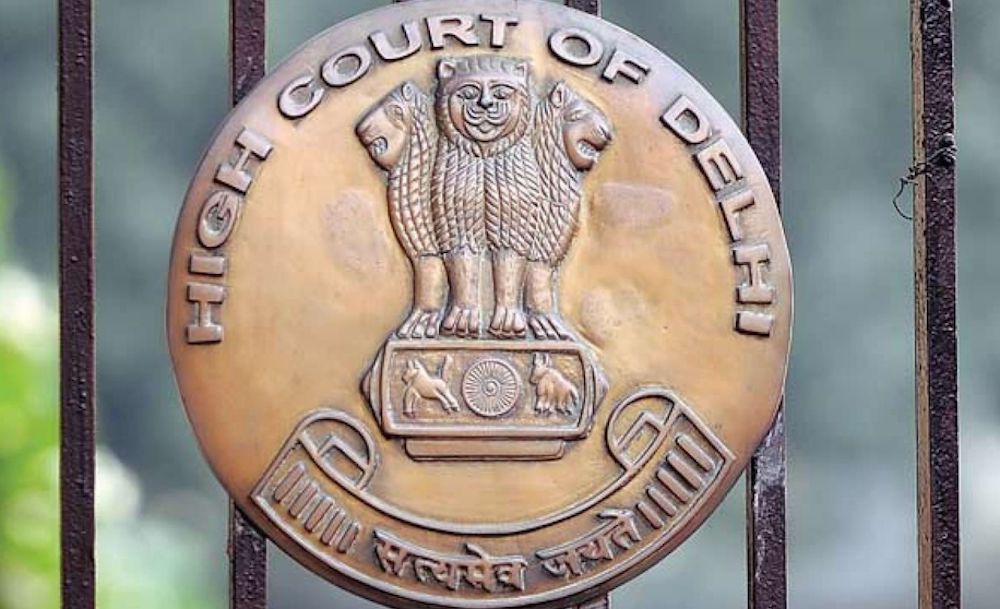Savvy Thakur:
Published on: October 21, 2022 at 18:42 IST
The Delhi High Court has discussed in detail the rules that courts must follow when deciding whether an authority can be considered a “State” within the meaning of Article 12 of the Indian Constitution.
According to a division bench composed of Chief Justice Satish Chandra Sharma and Justice Subramonium Prasad, the State’s control over an authority ought to be all-encompassing to the point where the authority ought to have limited autonomy.
“It must not be lost sight of that in the modern concept of Welfare State, independent institution, corporation and agency are generally subject to State control. The State control does not render such bodies as ‘State’ under Article 12. The State control, however vast and pervasive, is not determinative. The financial contribution by the State is also not conclusive,” the court held.
It also noted that an authority’s “unusual degree of control” over its management and policies, thereby performing a significant public service, may also indicate that the entity in question is a State.
“If the government operates behind a corporate veil, carrying out governmental activity and governmental functions of vital public importance, there may be little difficulty in identifying the body as “State” within the meaning of Article 12 of the Constitution,” the court said.
The court stated that the powers, functions, finances, and control of the government are some of the determining factors to answer the question, highlighting that there is no precise formula for determining whether an authority is a State or not.
“With regard to this, each case must be handled with care and caution. Where the financial assistance from the State is so much as to meet almost entire expenditure of the institution, or the share capital of the corporation is completely held by the government, then one could agree with an entity being bestowed with government character.”
“It may be a relevant factor if the institution or the corporation enjoys monopoly status which is State conferred or State protected,” the court said.
The bench also stated that other factors to consider when determining whether an authority is a State include whether the institution’s governmental functions are of public importance and whether there is deep and pervasive State control.
The bench added, citing a number of decisions from the Supreme Court, that these are only indications and are in no way conclusive or binding.
While dismissing an appeal challenging the single judge’s decision that the Gems & Jewellery Export Promotion Council (GJEPC) does not fall under the ambit of State under Article 12 of the Indian Constitution, the bench made the observations.
The division bench upheld the challenged order by stating that the GJEPC’s work cannot be considered a public duty.
The court noted, after reviewing the GJEPC’s Articles of Association and Memorandum of Association, that the council’s primary responsibilities include serving as a Nodal Agency between exporters and the government and supporting, protecting, maintaining, and promoting the export of gems and jewelry.
“The Council being a collective body of the exporters places the interests/problems faced by the exporters before the Government so that the Government can take such decisions which would promote the export of gems and jewellery.”
“The Council, therefore, does not carry out the policy decisions of the Government or is in any way relevant to the decision-making process of the Government regarding exports of these articles,” the court said.
The court also said that the money given to GJEPC by the government is only going to be used to carry out specific plans and projects.
It also said that it is the government’s responsibility to make sure the money isn’t used in bad ways.
It added that the fact that the Central Government can also look at GJPEC’s books and accounts does not mean that it has control over the council’s finances.
“In view of the above observations, this Court is of the opinion that the learned Single Judge vide the impugned Judgement dated 09.07.2021 in W.P.(C) No. 4733/2021, wherein it held that the writ petition would not be maintainable as the GJEPC”
“..Respondent No.2 does not fall within the ambit of “State” and “other authorities” under Article 12 of the Constitution of India, is legally firm and does not require any interference on the part of this Court,” the court said.
Case Title: Dr. Jitarani Udgata vs. Union of India & Anr.

